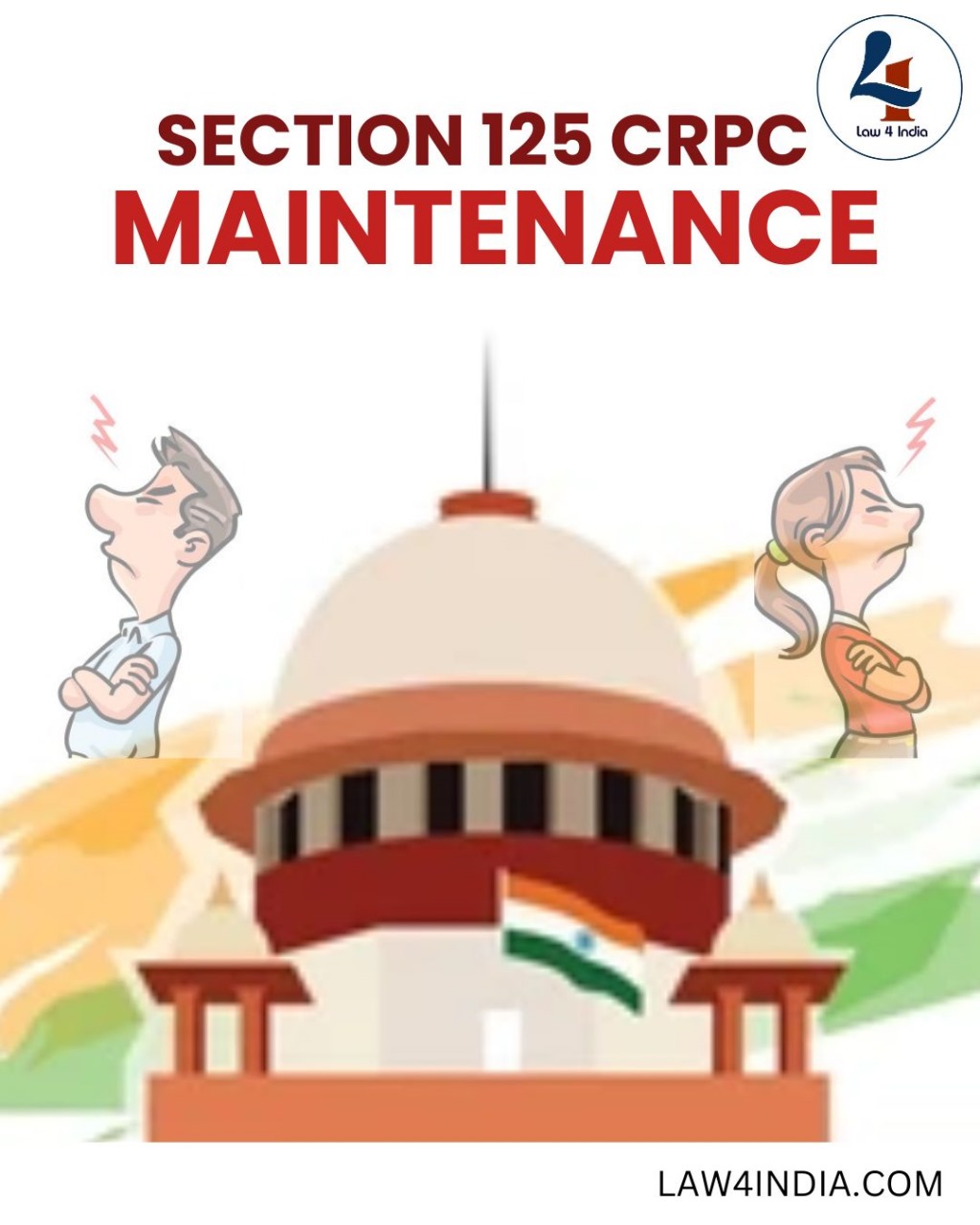By Samvidha Rastogi
In a notable advancement for marital law in India, the Supreme Court has issued a judgment that elucidates the maintenance rights of spouses in the context of disputes relating to the restitution of conjugal rights. This ruling seeks to resolve persistent uncertainties and discrepancies in the legal interpretation of maintenance claims, particularly under Section 125(4) of the Criminal Procedure Code.
Central to the Court’s determination was the inquiry into whether a husband, upon obtaining a decree for restitution, is automatically relieved from the obligation to provide maintenance if his wife opts against returning to their joint residence. This issue, previously characterized by conflicting interpretations among various High Courts, was addressed by the Supreme Court, which reaffirmed that a wife’s right to maintenance continues, regardless of her non-compliance with a decree for restitution.
Also Read: Polygamy In Hinduism
The Court articulated that each case must undergo evaluation based on its specific facts, thereby rejecting any blanket disqualification of a wife’s maintenance claim solely due to the existence of a restitution decree. A significant aspect of the ruling emphasized the requirement for the wife to present a “valid and sufficient reason” for her refusal to cohabit with her husband, necessitating a detailed assessment of the individual circumstances involved.
This judicial decision emerged from a marital conflict in Jharkhand and effectively overturns a prior ruling by the High Court, which had failed to adequately acknowledge the wife’s grievances. The Supreme Court reinstated the order of the family court, which mandated the husband to provide a monthly maintenance allowance amounting to ₹10,000. In its critique, the Supreme Court condemned the High Court’s disproportionate focus on the restitution decree, which neglected the wife’s allegations regarding maltreatment and deprivation of basic necessities within the marriage.
This authoritative ruling embodies a crucial protective measure for women’s rights, emphasizing that restitution orders should not be utilized to compel women into living conditions detrimental to their health and well-being. The Court’s insistence on addressing allegations of domestic abuse underscores the importance of a sensitive and informed approach in the adjudication of marital disputes.
By clarifying the ramifications of Section 125(4) of the Criminal Procedure Code, the Supreme Court has established an essential jurisprudential framework that fortifies the safeguarding of women in precarious situations. This ruling not only disentangles the complexities associated with maintenance claims in cases of restitution of conjugal rights but also signifies a judicial dedication to achieving equitable resolutions in family law. The repercussions of this judgment are anticipated to influence future legal interpretations, thereby enhancing the protection of women’s rights and welfare in comparable circumstances.
—Samvidha Rastogi is a third-year BA LLB Hons student at Faculty of Law, University of Lucknow

